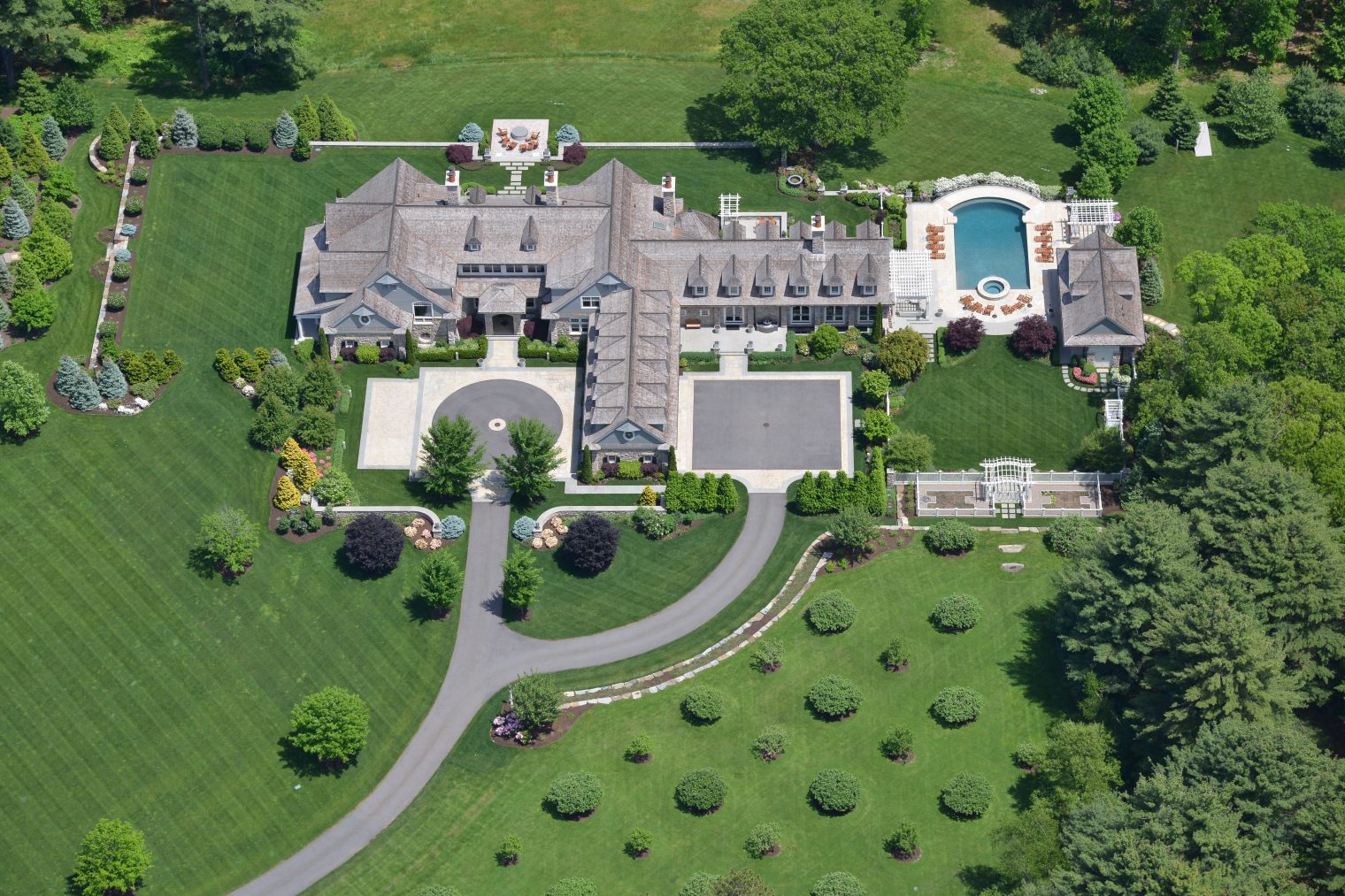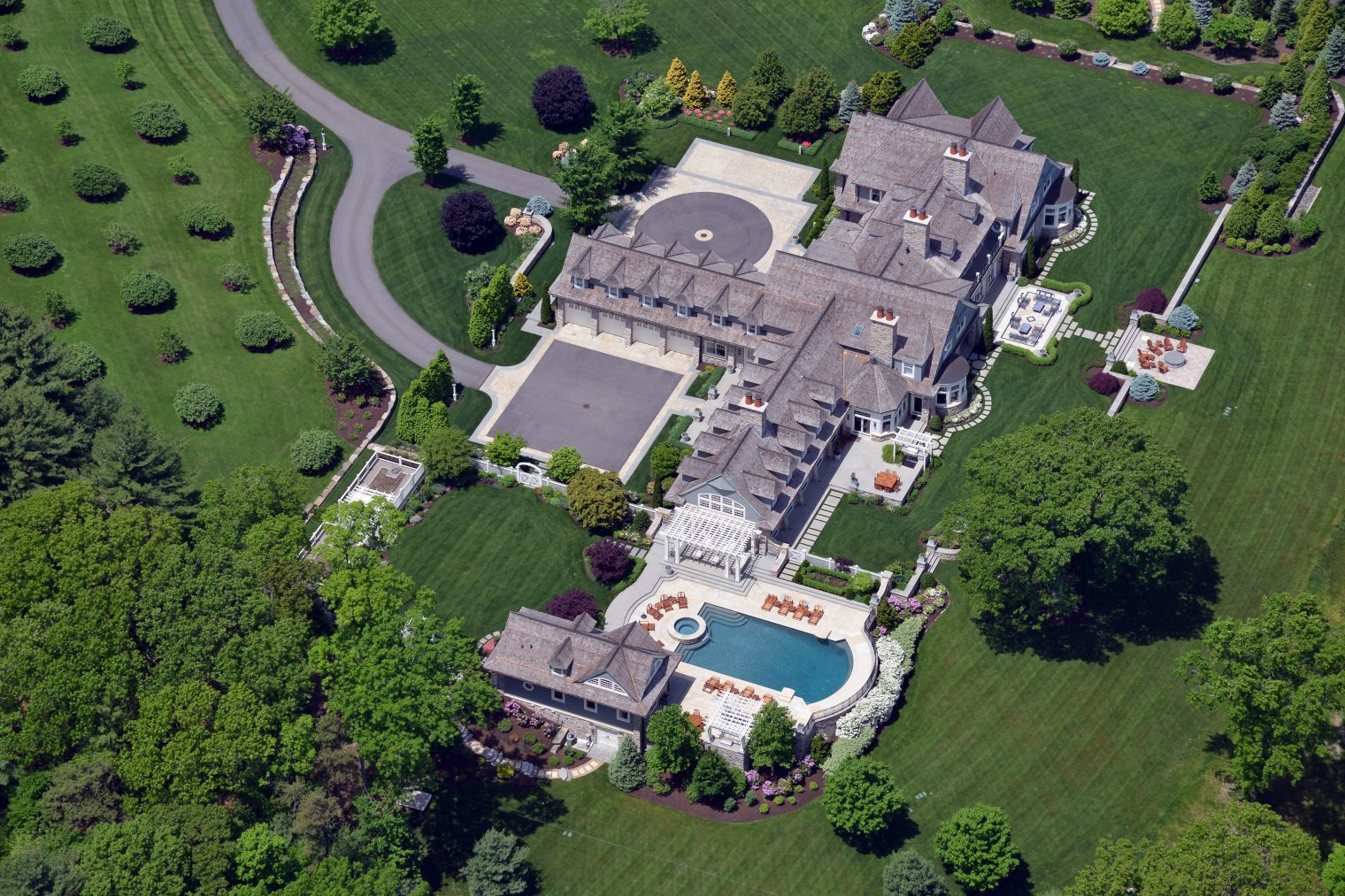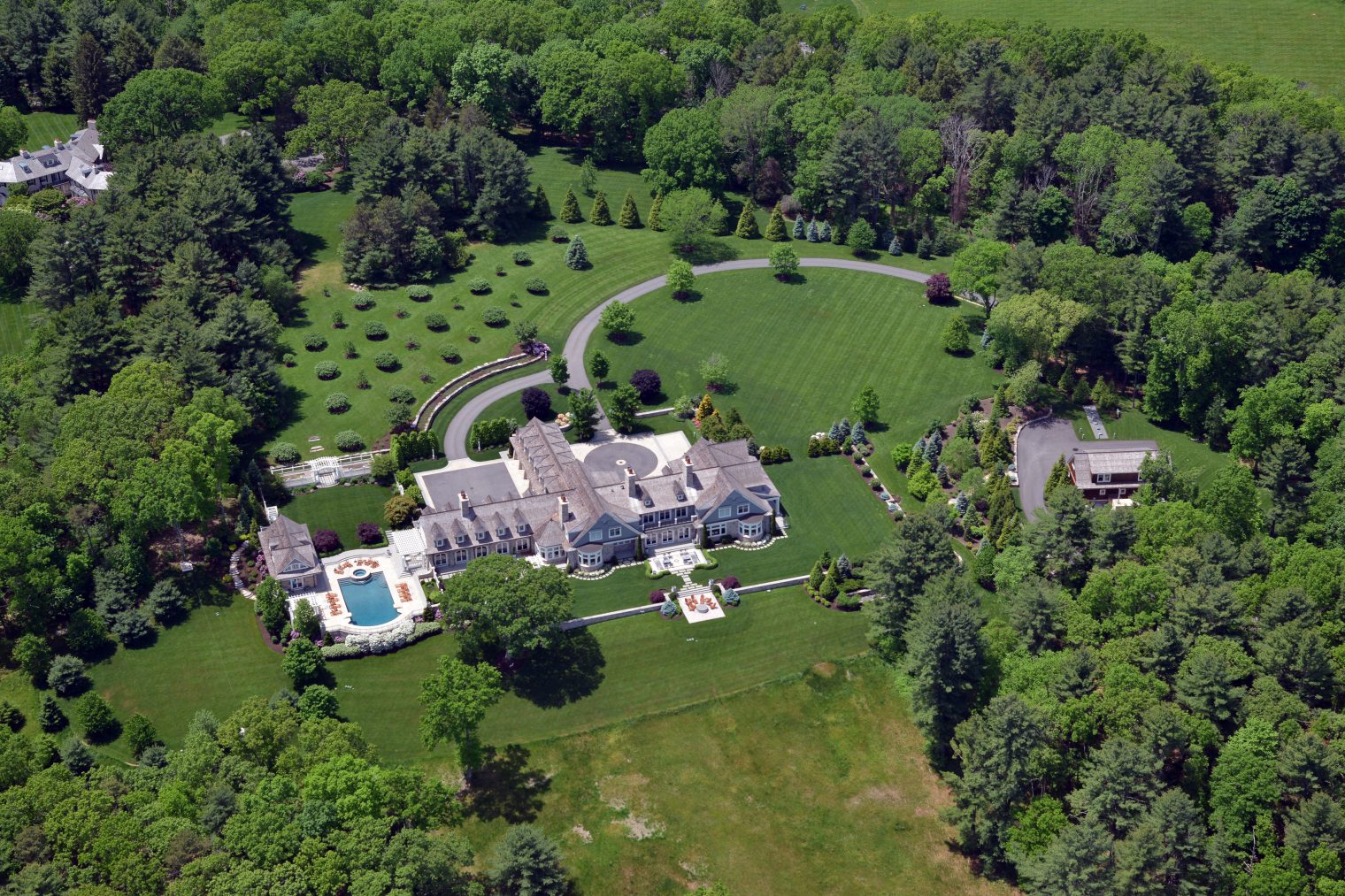Uber stands with the Black community
Judging by the contents of my inbox, America is truly the land of goodwill and brotherhood. A typical recent example has a subject line of “Uber stands with the Black community”:
I wish that the lives of George Floyd, Ahmaud Arbery, Breonna Taylor, and countless others weren’t so violently cut short. I wish that institutional racism, and the police violence it gives rise to, didn’t cause their deaths. I wish that all members of our Black community felt safe enough to move around their cities without fear. I wish that I didn’t have to try to find the words to explain all of this to my two young sons.
But I’ve been given hope this week by hundreds of thousands of peaceful protestors demanding change. I am committed to being part of that change.
We know this isn’t enough. It won’t be enough until we see true racial justice. But we plan to work day in and day out to improve, learn, and grow as a company.
Dara Khosrowshahi
CEO
(From the fact that riots and looting give him hope, I think it is safe to infer that he’s explaining everything to his two young sons while safely enroute in the family Gulfstream from fenced airport to fenced airport.)
The Uber Diversity and Inclusion Report for 2019 shows that standing with the Black community can be done by “tech leaders” who are 51 percent white and 47.5 percent Asian (“Black of African American” people hold 0.8 percent of these jobs; “Hispanic or Latinx” are also at 0.8 percent).
Readers: What would Travis Kalanick have written about recent events?
Related:
Full post, including comments

